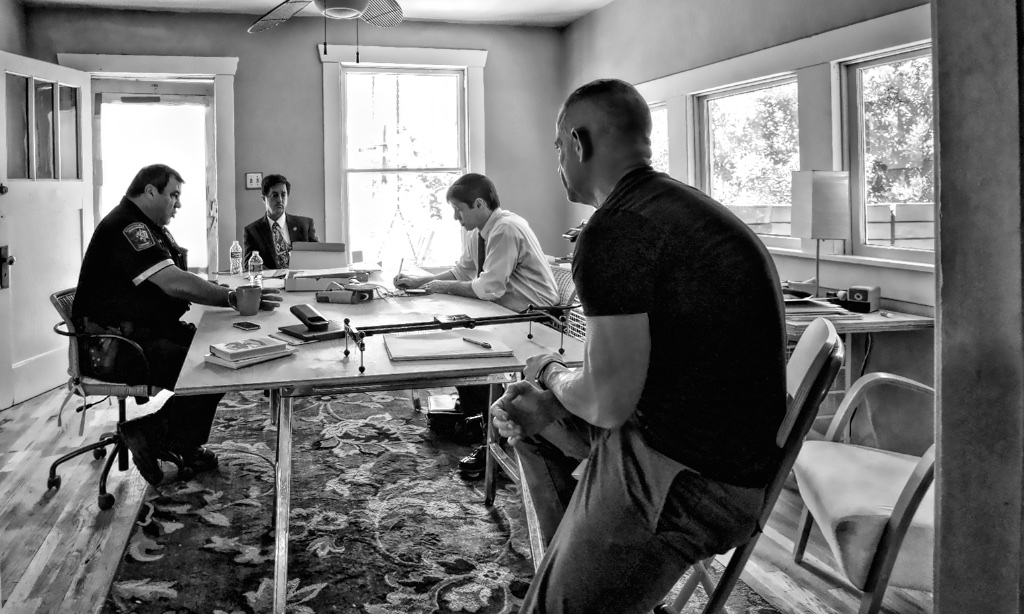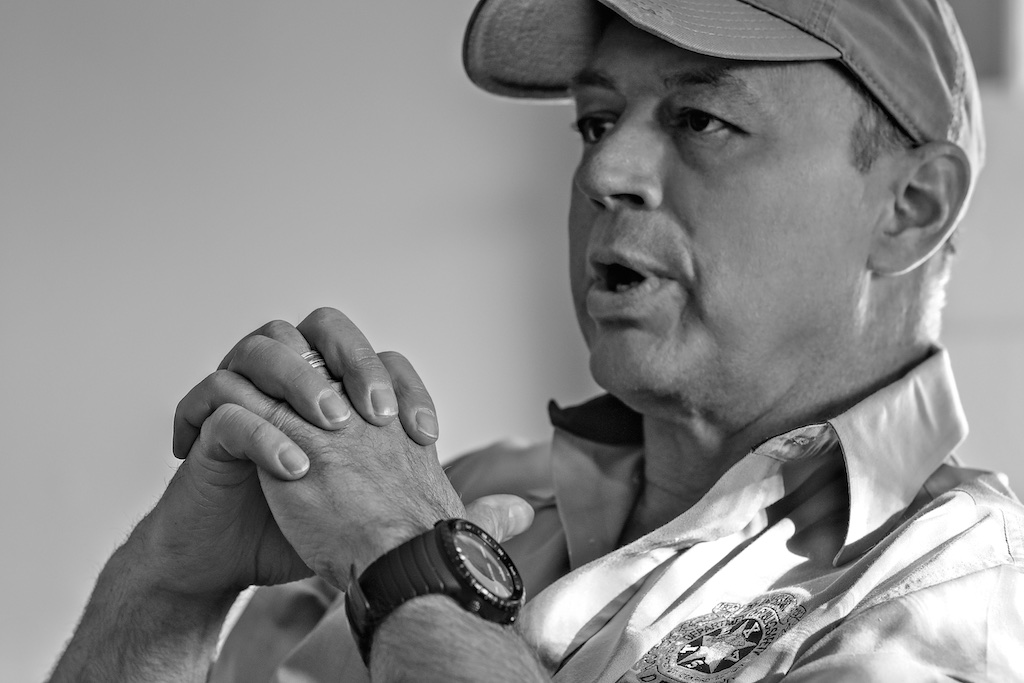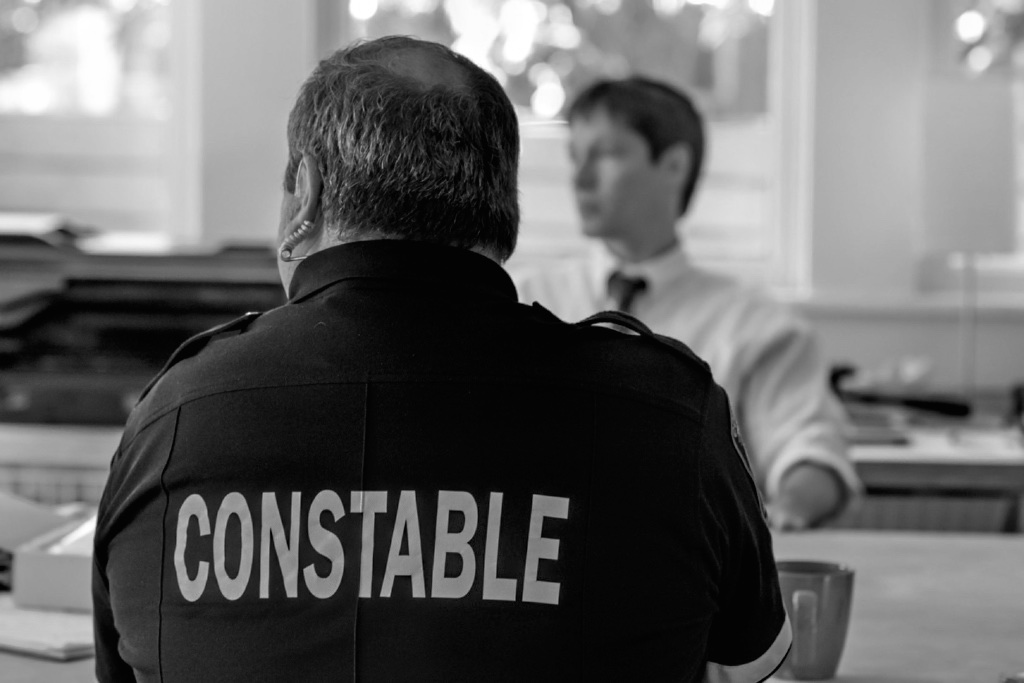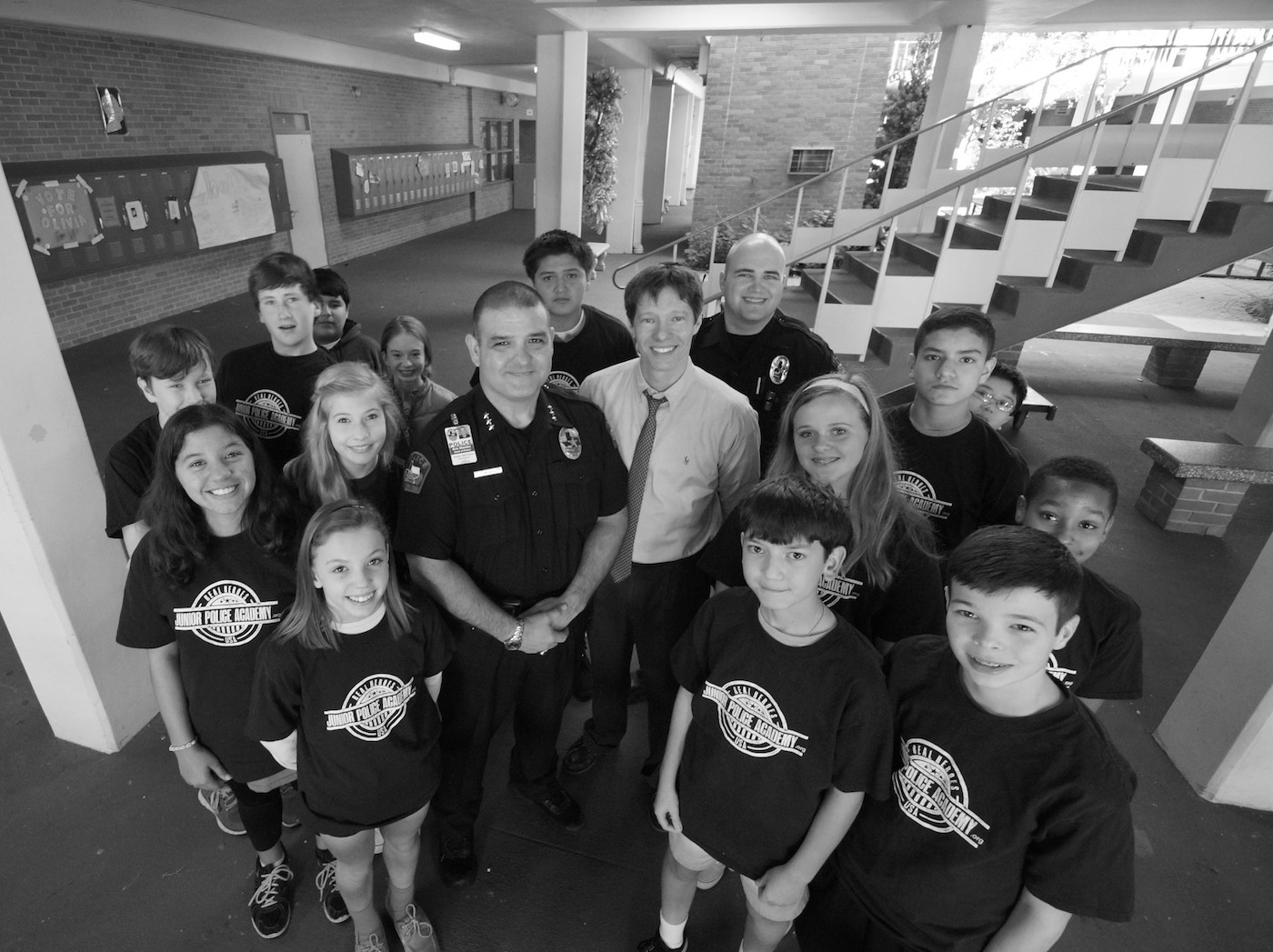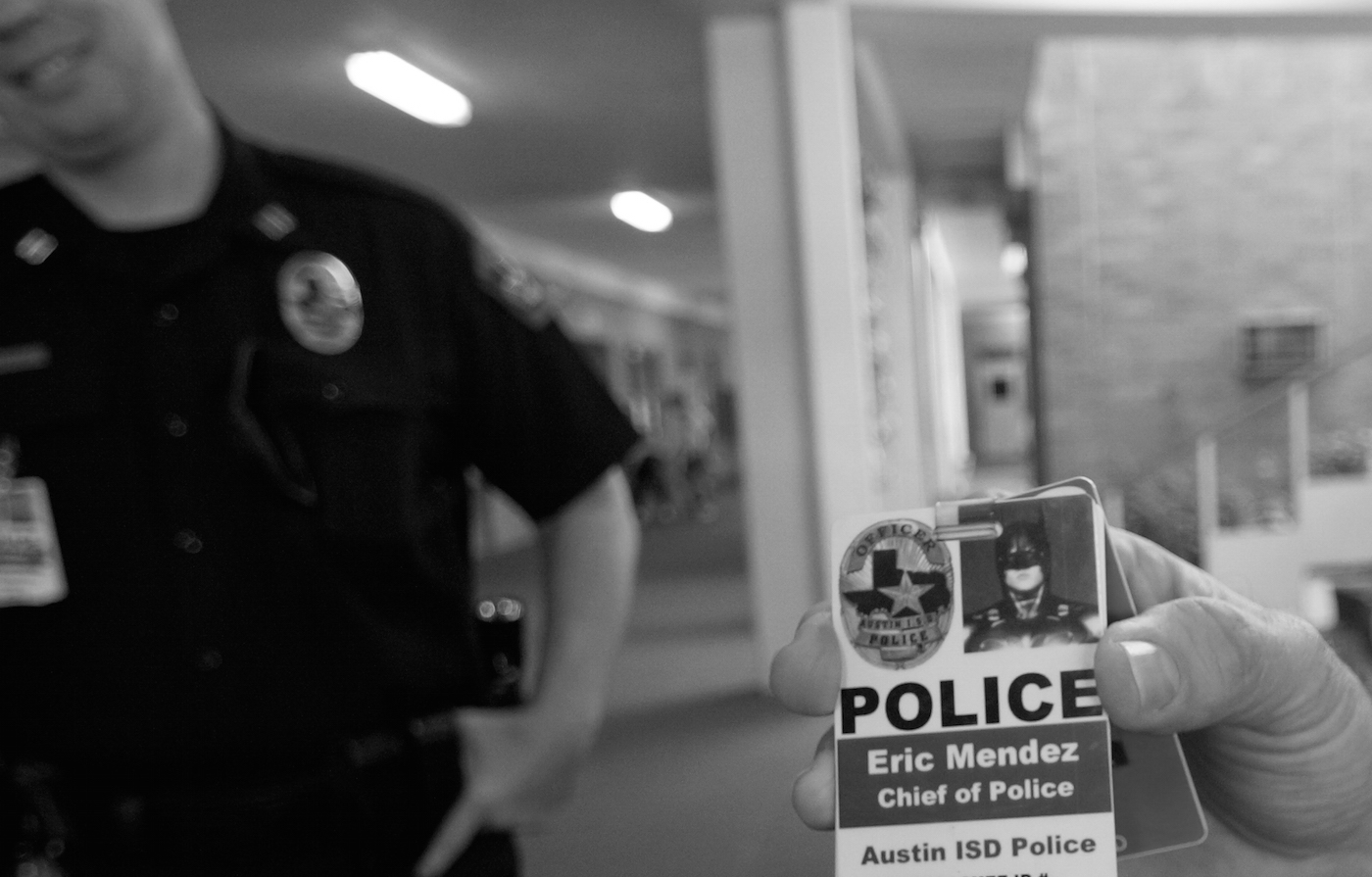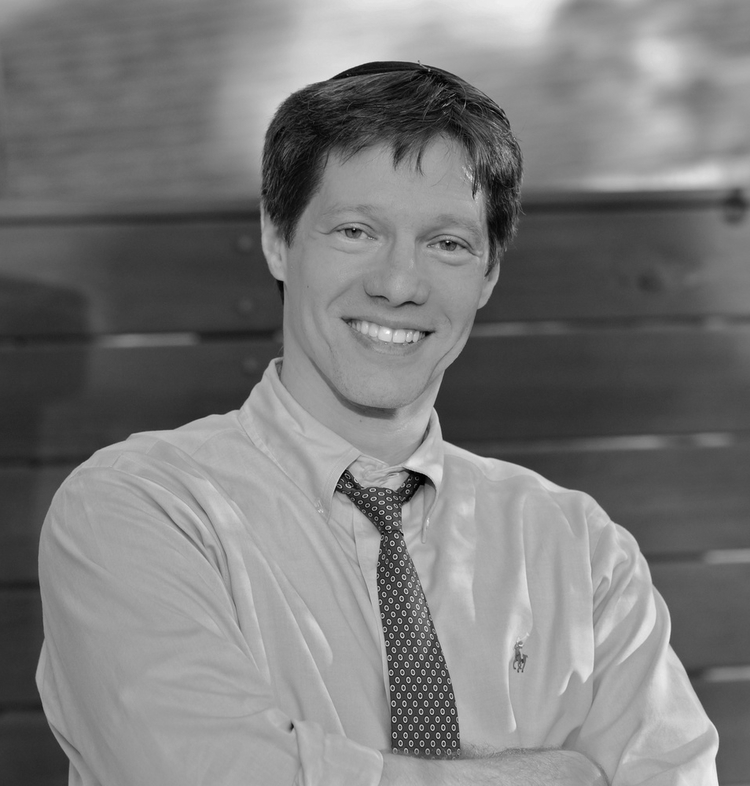Welcome to The Credo Project.
What is credo?
Every police officer ought to have one. Every young person as well.
“This simple act will strengthen and condition you to endure the rigors of a career in law enforcement.”
Read on to discover what it is and why it has enormous implications for you and for every member of the law enforcement community.
Choose the words you live by
Although credos take many forms, for the purposes of this project think of CREDO as a sentence or two that conveys the operating principle that guides your daily life.
Here's a quick start guide.
Download and read Writing Your CREDO or Student Guide
Now print out MY CREDO.
Write your CREDO on the page, then sign and date it.
When you’re finished, store your CREDO with other documents left for your family in the event of your death, or alternatively, frame it on the wall of your den. It’s a personal decision. In any event, whether you share it or not, consult it every once in a while.
To really explore the subject, we have created an expanded guide below:







